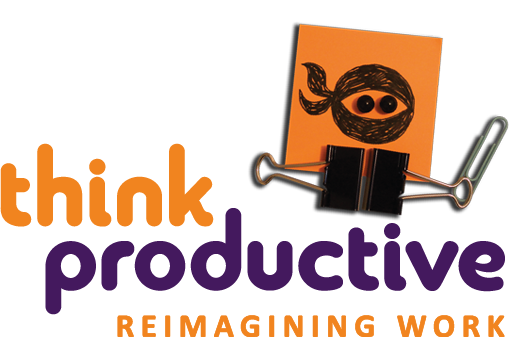![]()
Variants on that error message haunt any of us who work with digital data and the progression towards systems which are truly “in sync” is painfully slow.
There are elements of our lives however that we can get in sync with subtle but tangible benefits to be had when we succeed.
Those elements are the digital and physical places (whether folders, files or whatever) where we keep data. By “data”, I mean information of any kind which is stored away for reference.
And “in sync” means that each of the relevant places use an identical method for organising that data – so the logic flows through seamlessly no matter where you look.
So your digital folder system matches your physical folder system matches your to-do system and when you have an item that needs to be put away for future use your brain does not have to think. It knows exactly where that item fits in your system no matter where your starting point is. This seems logical and a waste of time to bring to your attention – but I can guarantee that anyone I have ever spoken to about this has always had differences across their systems ranging from subtle to enormous. And when you drill down with them they start to realise the friction that causes them day to day.
In a corporate environment it will be slightly different – company wide data needs to comply with the dictated folder structure. Or information architecture as it may be known.
In that case you will have little choice but to make sense of it and use it to hold as much as you can – with little or no personal data items separate from it. As with anything else (calendars for example) you want to avoid having multiple places in which you hold stuff – it is just too confusing and causes fuzziness in your thinking and confusion when trying to search for and retrieve it.
And for those of you who argue that computers are faster and search is better- digital search is not a kop out here unless it allows for very discrete filtering and advanced search phrases. The sheer volume of data being stored and indexed now is overwhelming the capacity of technologists to intelligently utilise it and of designers to make search results usable to normal people.
---------------------------------------------------------------------
If you’re looking for productivity training, our ‘How to Get Things Done’ workshops offer the basics on how to implement these ideas, with tips and tricks from David Allen, Peter Drucker, Tim Ferriss and many more! It’s available in-house to your company or also through our public workshops across the UK.
Time Management Training has changed! Click here to find out about our productivity-focussed Time management workshops, email training and facilitation training.
---------------------------------------------------------------------
